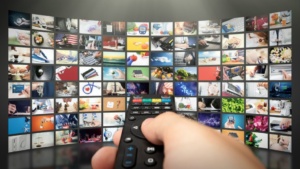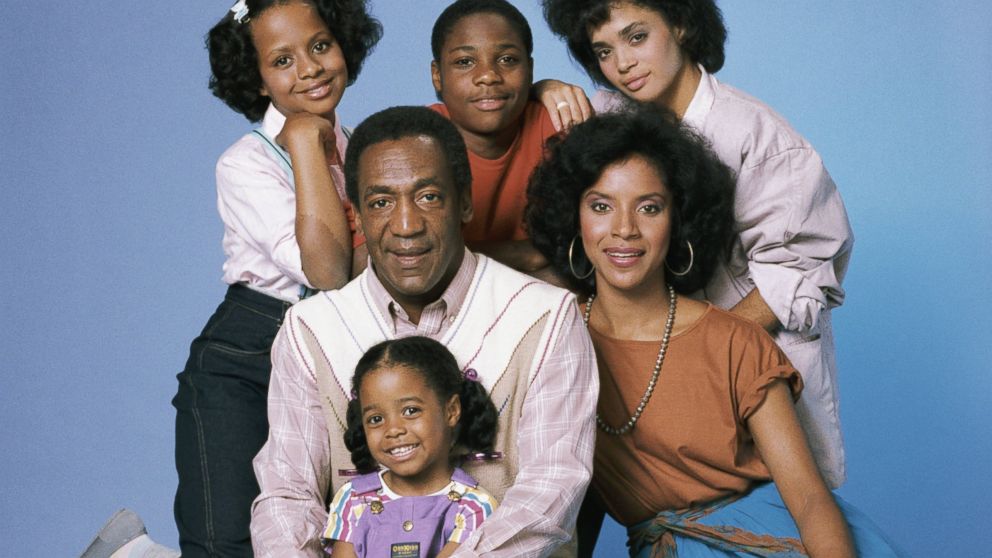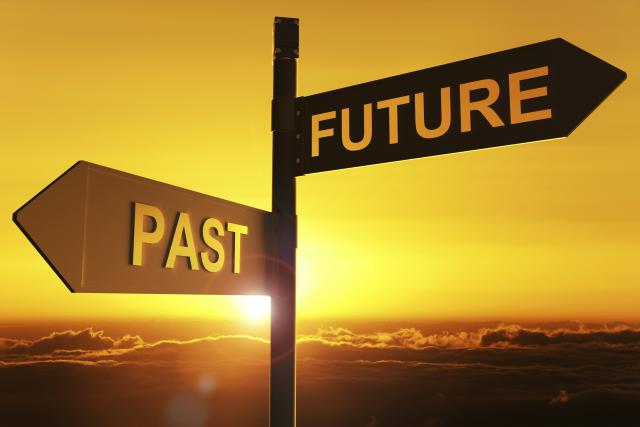For comparison, 4.4 million people applied for benefits for the week ending April 18 and 30.3 million have sought benefits in the past six weeks alone. That figure represents roughly 1 in 5 American workers.
Get the picture?

Americans are out of work and social distancing measures implemented by the U.S. Government, state governments and municipalities is further isolating us from each other.
These restrictions, the abrupt halt of the economy, the confusion generated by elected officials and the chaotic distribution of unemployment and business aid is causing Americans to further distrust government institutions, reach for conspiracy theories, become agitated and hunker down to absorb media content. Pandemic, zombies and disaster films are trending right now. What do they all have in common: the social, cultural and economic breakdown of society. In these films, humans turn against each other as they attempt to survive unpredictable dangers. Many of these films heighten our anxiety by masking the cause in conspiratorial tones. With all this leisure time, it is driving many to consume more online content from the sensible to the bizarre. Yet just like Blasone’s definition of nostalgia, we long to go back to what is familiar.
On-Demand Technology
 Smartphones and attending technologies are getting more sophisticated at providing entertainment, information and collecting data based on your interests. Virtual assistant AI technologies (Alexa and Siri) will ask questions while one searches and there is an app for every desire. Satellite towers and wifi hotspots permanently connect us so we can be online anywhere and anytime. We are fed a very obese diet of online information and entertainment that encourages hyperindividualism and voyeurism. The pandemic has increased our focus on self, impacting our politics and how we view our rights as citizens. It is also tempting us to look only for groups that agree with our POVs. Cyberspace has amplified this echo chamber and social media has been the main conduit to express our contentious views. Also, very specificially, social media has become a mirror offering identity experimentation and feedback for teens and young adults like a mirror in a changing room.
Smartphones and attending technologies are getting more sophisticated at providing entertainment, information and collecting data based on your interests. Virtual assistant AI technologies (Alexa and Siri) will ask questions while one searches and there is an app for every desire. Satellite towers and wifi hotspots permanently connect us so we can be online anywhere and anytime. We are fed a very obese diet of online information and entertainment that encourages hyperindividualism and voyeurism. The pandemic has increased our focus on self, impacting our politics and how we view our rights as citizens. It is also tempting us to look only for groups that agree with our POVs. Cyberspace has amplified this echo chamber and social media has been the main conduit to express our contentious views. Also, very specificially, social media has become a mirror offering identity experimentation and feedback for teens and young adults like a mirror in a changing room.
Americans have access to a large supply of on-demand free and premium content at their fingertips for entertainment and distraction. This is part of the reason why I wrote a commentary stating that the western world is moving away from a print culture to an image culture. An image culture, in this age of technology, prioritizes branded superficial curation over the slow accumulation of knowledge and observation of the natural world changing the way we view the world, the self and each other.
The Demand for Familiarity

The manipulation of images allows humans to make meaning and context more elastic, deeply symbolic and even mysterious compared to words. This has produced a fair bit of visual culture that many would say is creative and necessary, for example, take a look at the murals and memorial statues in Philadelphia.
Although images can push the boundaries of meaning and observation, according to Immanuel Kant, our imagination still tends to produce what is familiar. For example, aliens (extraterrestrial, demigods, etc.) in films may be scary (Alien film series) or cute (Spielberg’s E.T.) but they almost always have an humanoid quality about them, although exaggerated. Branding can also fit in this category as the best designers use color theory, behavioral psychology, gestalt psychology, text/image hierarchies, etc. to influence a specific audience.
Kant also says that our human imagination is so strong that we can believe we are seeing and feeling something outside of ourselves even though it is only in the mind. Religion immediately comes to mind for many. But we also cannot ignore CGI technology combined with a movie theater’s sensory environment. The question is, can these experience ever become deceptive? Youtube is full of bizarre conspiracy theories (religious and secular) that one can watch in the comfort of home. What makes these messages believable when there is no movie theater or high quality CGI? Can our imagination actually deceive us?
During times of sustained crisis, existential angst can easily show itself. Life can begin to feel isolating, alienating, uncertain and absurd. Some drop off of society’s grid altogether, some virtually disappear into cyberspace (or appspace) while others seek relief through familiar pleasure and entertainment. What they all have in common is a desire for control and a desire for the familiar. In spite of films showing social breakdown, safe nostalgic media content tailored to our specific tastes is the preferred choice for many right now. What TV show/film from your childhood would you want to marathon-watch right now that reminds you of a stable time in your life?
What TV show/film from your childhood would you want to marathon-watch right now that communicates an easily digestible coherent view of life?
The Double Edged Sword of Nostalgia

Krystine Batcho, a licensed psychologist and a professor at Le Moyne College who researches nostalgia, says watching our favorite old TV shows satisfies our nostalgic need and has real emotional benefits. She believes it is a mostly healthy regression in the service of the ego because it can make us feel safe and secure in a chaotic world. But since the internet is replacing how we receive media content, how does this square with the latest research that says being constantly plugged into the internet and social media is thought to be associated with higher rates of anxiety and depression? What if the pandemic lasts three years?
